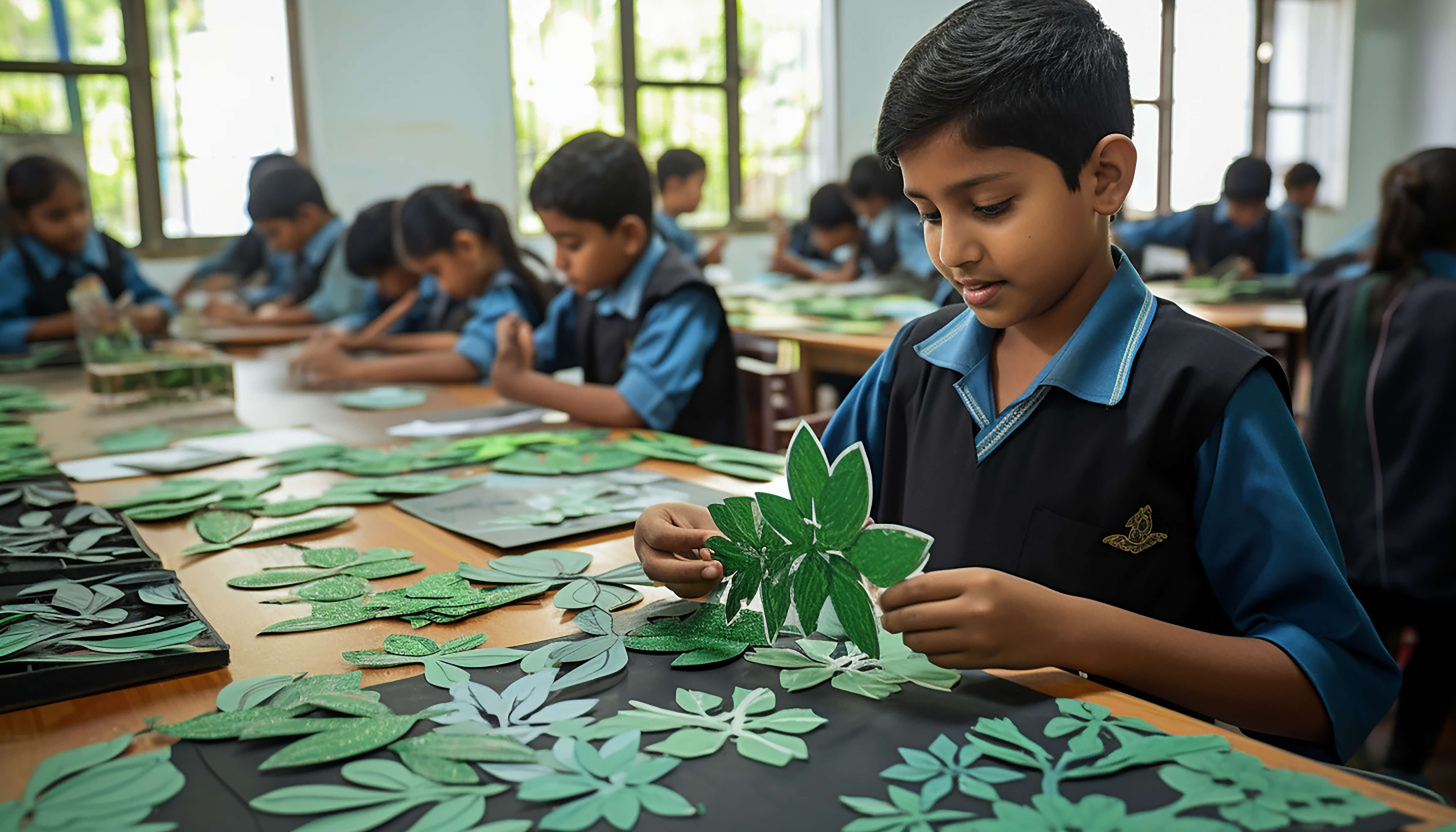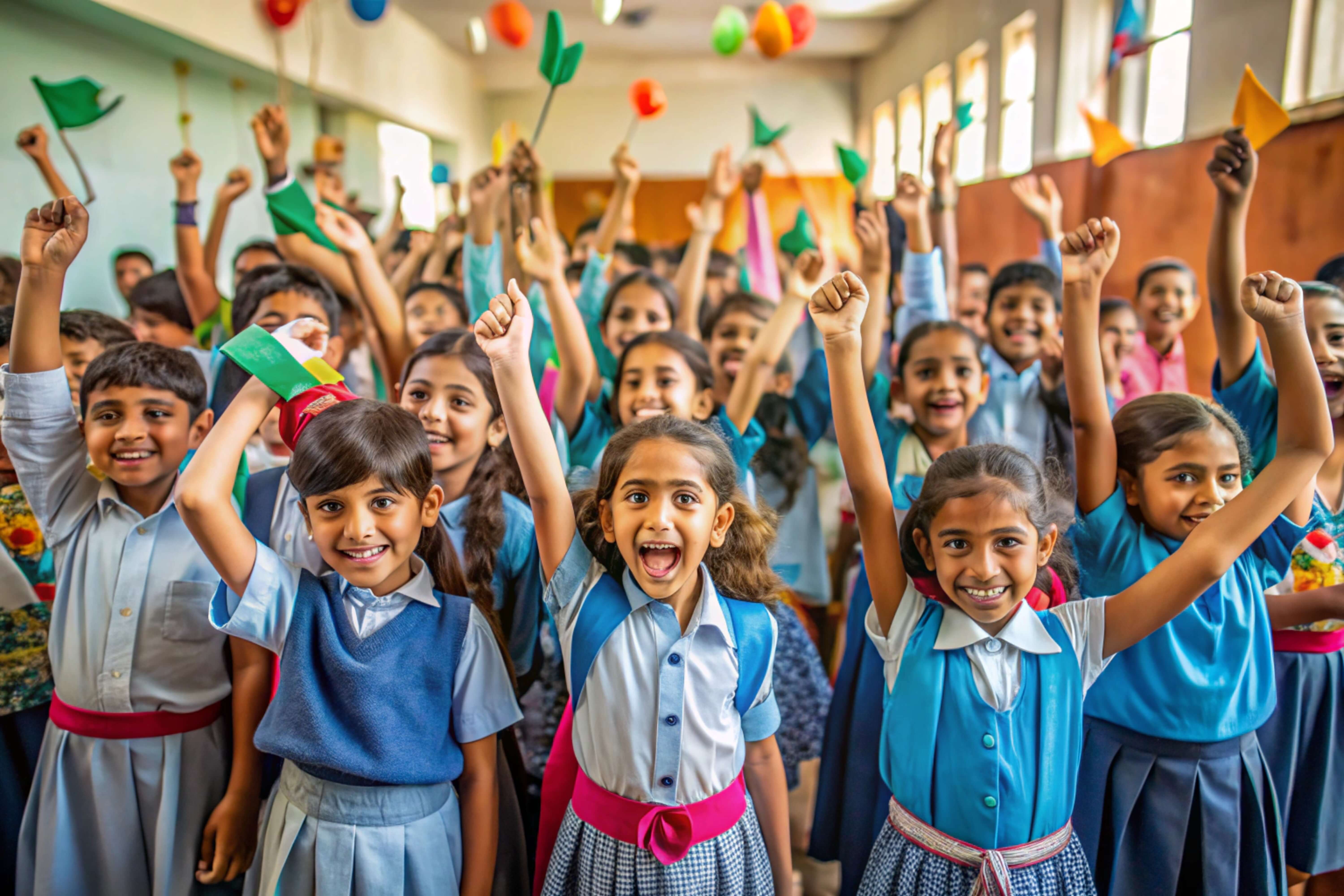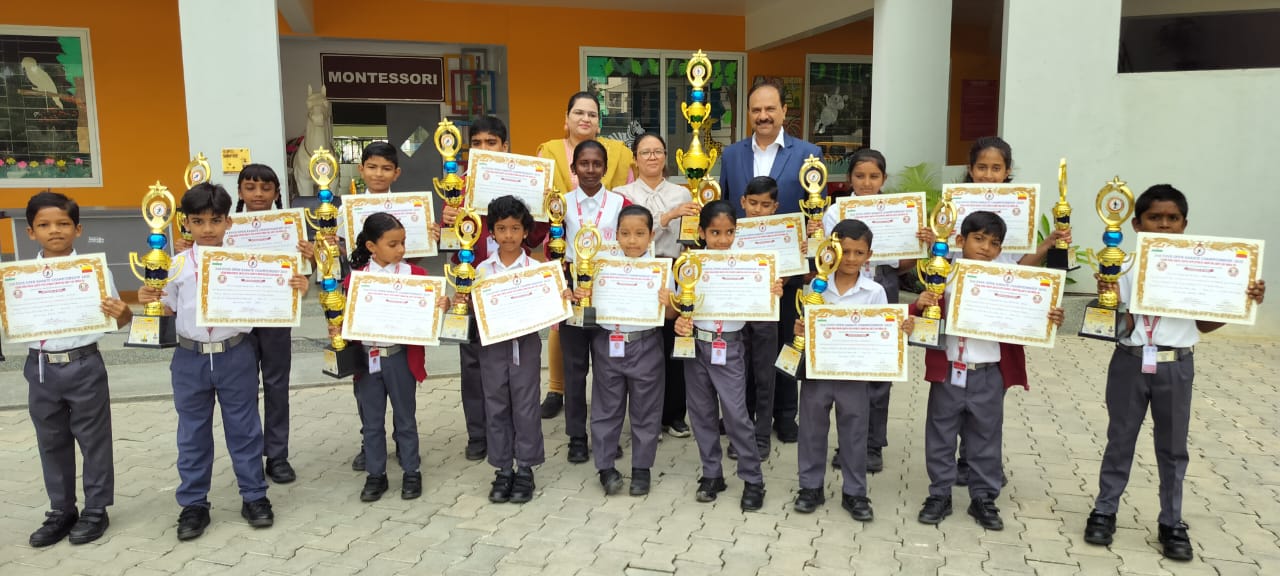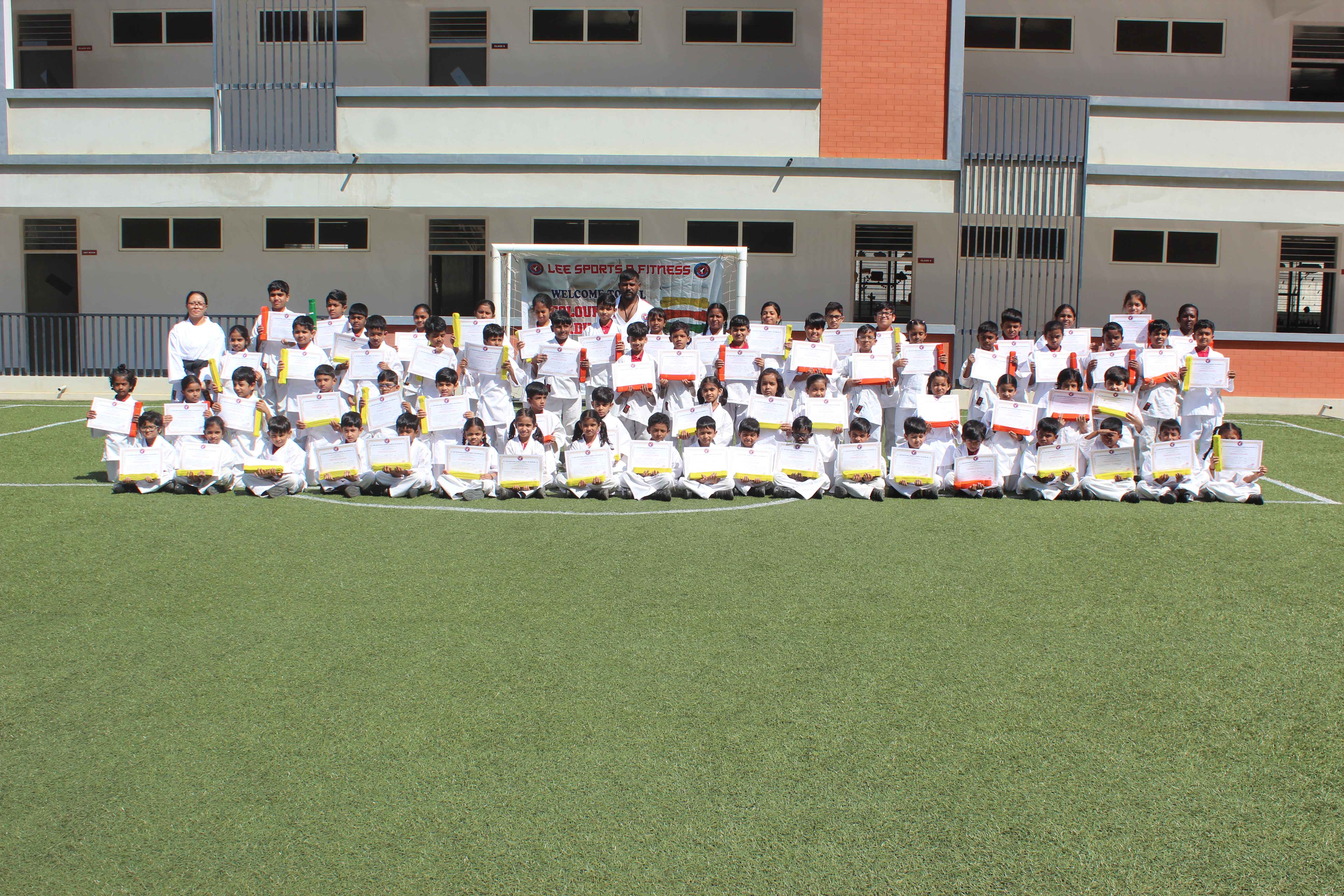
Are these the sounds often heard around your children?
If yes, then it must have been a challenge to ask kids to take a break from TV, mobile, computer screen or game console.
Screen-Free Time is So Important?
Screen-free time improves:
-
- Mental clarity
- Innate creativity
- Observational skills
- Compassionate response
- Physical health
- Mindful activities
- Problem-solving ability
- Sleep quality
- Family bonds
- Concentration and focus
Research has established that excessive screen time has a negative effect on children’s growth. Their fundamental skills such as locomotor (such as running, skipping, jumping, sliding, leaping, and galloping), cognitive, and socio-emotional skills are at risk. The negative impact extends to both physical and psychological health, leading to issues like obesity, sleep problems, anxiety, and hyperactivity.
Do Not Frighten Children with These Facts…
Digital literacy is one of the most important skills of modern life and is essential for children development. Digital skills gives children an edge in creating new opportunities, such as developing innovative projects, coding, digital art and so on. Youngsters are often quick to discover their own extraordinary talents in the digital world.
Nonetheless, it is necessary to reduce excessive and harmful usage of digital media, since it can become highly addictive. In this blog, we share some tips to reduce screen time, integrate digital skills and online entertainment in a balanced manner, ensuring children benefit from the digital world without falling into the trap of overuse.
Two Highly Effective Strategies for reducing Children’s Screen Time
1. Appreciation Behaviour Therapy
The best way to ask your child to reduce screen time is by appreciating whenever they put down their gadgets. This strategy only works when your appreciation is genuine. Instead of saying generic phrase like “I am happy that you’ve put down your phone” or “Good job not using your tablet”, try these specific and heartfelt compliments:
- “I love seeing you play outside, it’s so much fun!”
- “I noticed how you put your phone down to help out, and that was really responsible.”
- “It’s wonderful to see you interacting with your friends face-to-face.”
- “You have such a great imagination, I love seeing what you come up with!”
- “I’m so impressed with how you balanced your screen time today.”
- “You’re really good at finding fun activities to do that don’t involve screens.”
Since these statements highlight positive behaviours, they encourage children to continue making healthy choices. Find new ways to consistently appreciate them over a period of time, and you are guaranteed to witness positive behavioural changes.
2. You Are Your Child’s Biggest Influence
Children are easily inspired and influenced by parents’ day-to-day behaviours. If you spend your free time on screen, or use gadgets while eating, cooking, or talking, they are likely to adopt the same habits.
Spend some time implementing mindfulness in your daily life without expecting children to model your practice immediately. Eat mindfully, exercise with your child, cook attentively, or clean observantly. As your activities become calmer and more focused, children will slowly but surely start to mimic your mindful behaviour. This allows children to choose healthier habits and a more balanced approach to technology.
Here are some mindful activities you can try doing with your child today:
- Involve children in cooking – baking cookies, mini pizzas, or making cucumber sandwiches
- Schedule a family activity – board games, outdoor sports or reading together
- Practice meditation – beginners can try a 5 minute guided meditation video, reinforcing the idea that technology can be used for personal well-being in a meaningful way
- Experience mindfulness in your daily life and discuss your experience with your child – feel the warmth of the sun, focus on your breath, and notice the calmness that come with such choices
Fun Alternatives to Excessive Screen Time
Swap screen with toys; reading a picture book; practice gardening, drawing & painting
Take children to play outside in a park. Play fun games like tag or hide-and-seek, fly kites, go for a hike or go camping in the backyard.
Tell them a story after tucking them into the bed. This reduces their need to use phones and makes sleep-time more enjoyable.
Conclusion
It is essential for children to be a part of a balanced and positive environment to learn and grow. At CMR Gandhi Public School, we believe that reducing screen time by engaging in various physical activities and inculcating mindfulness can help our children develop healthy habits, boost their creativity and inculcate values such as resilience, discipline, and commitment, supporting them through challenging times.
As one of the top CBSE schools in Bangalore, we provide observational and hands-on learning, a holistic approach to education where both digital literacy and mindful living is valued and nurtured. We prepare our children to live confidently and joyfully through the complexities of the modern world. Our collective efforts will ensure that our students thrive academically and personally.











